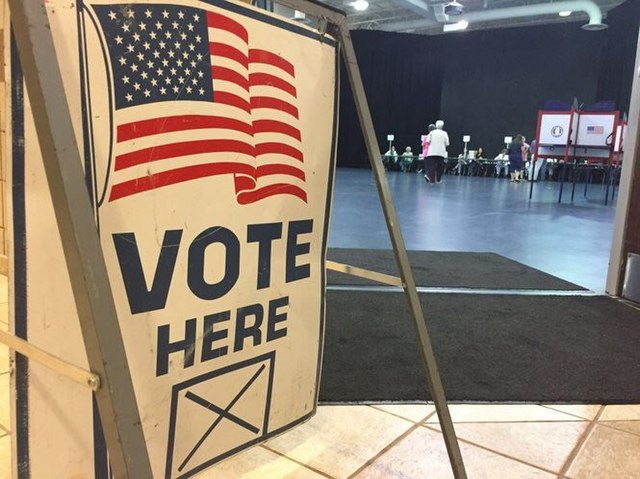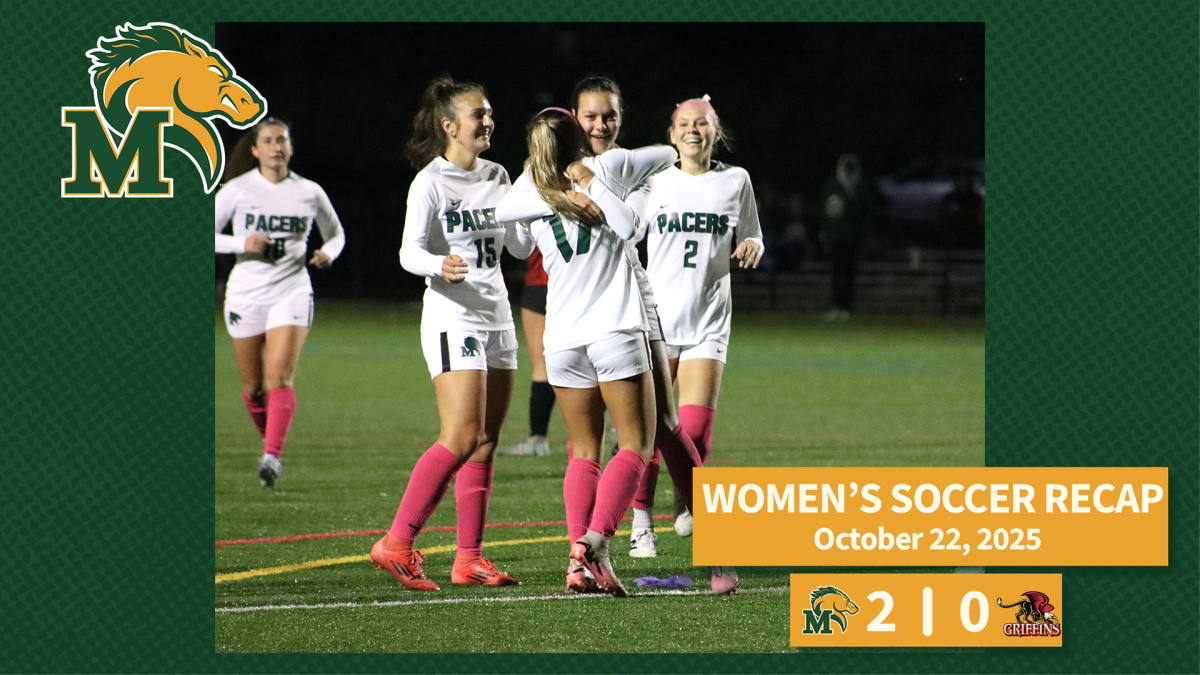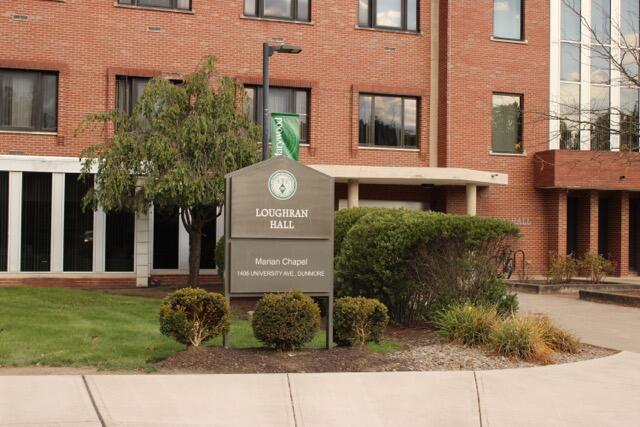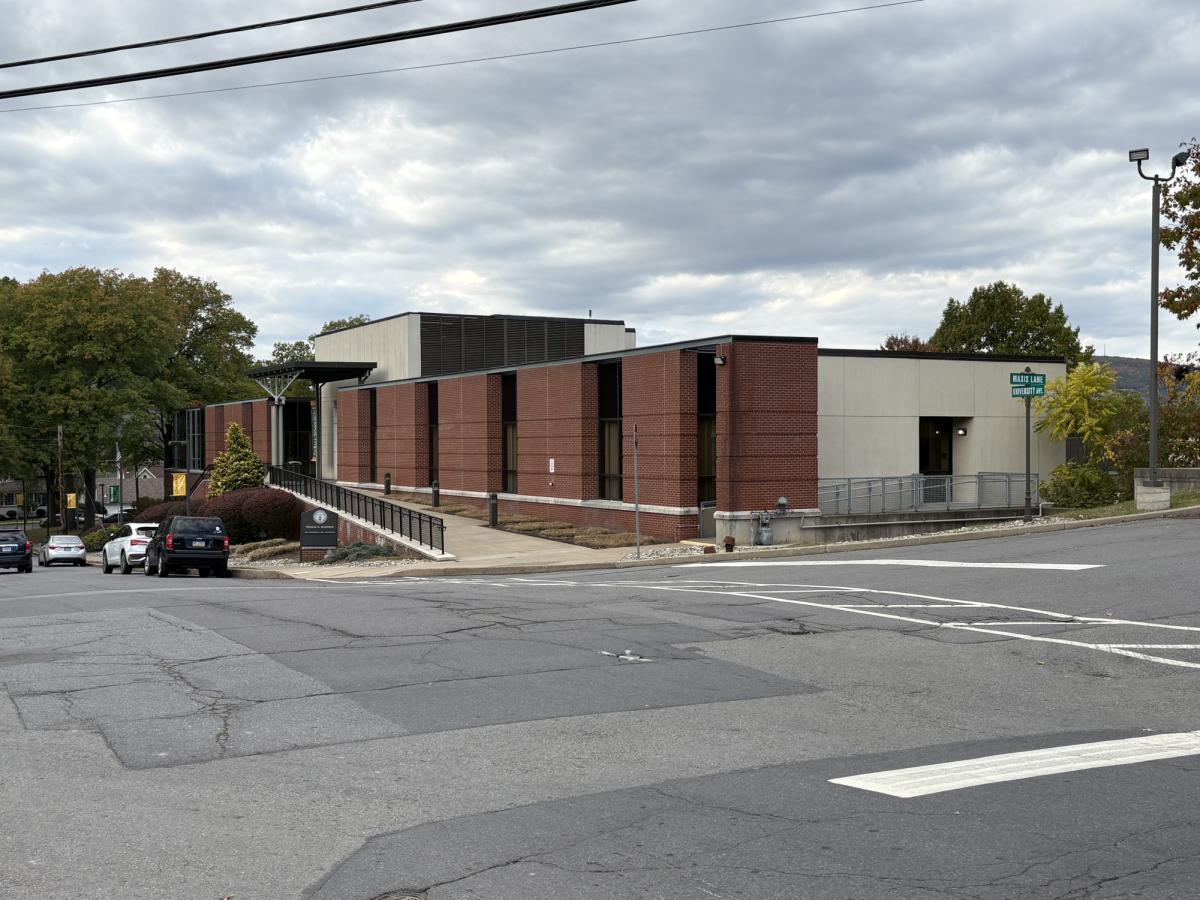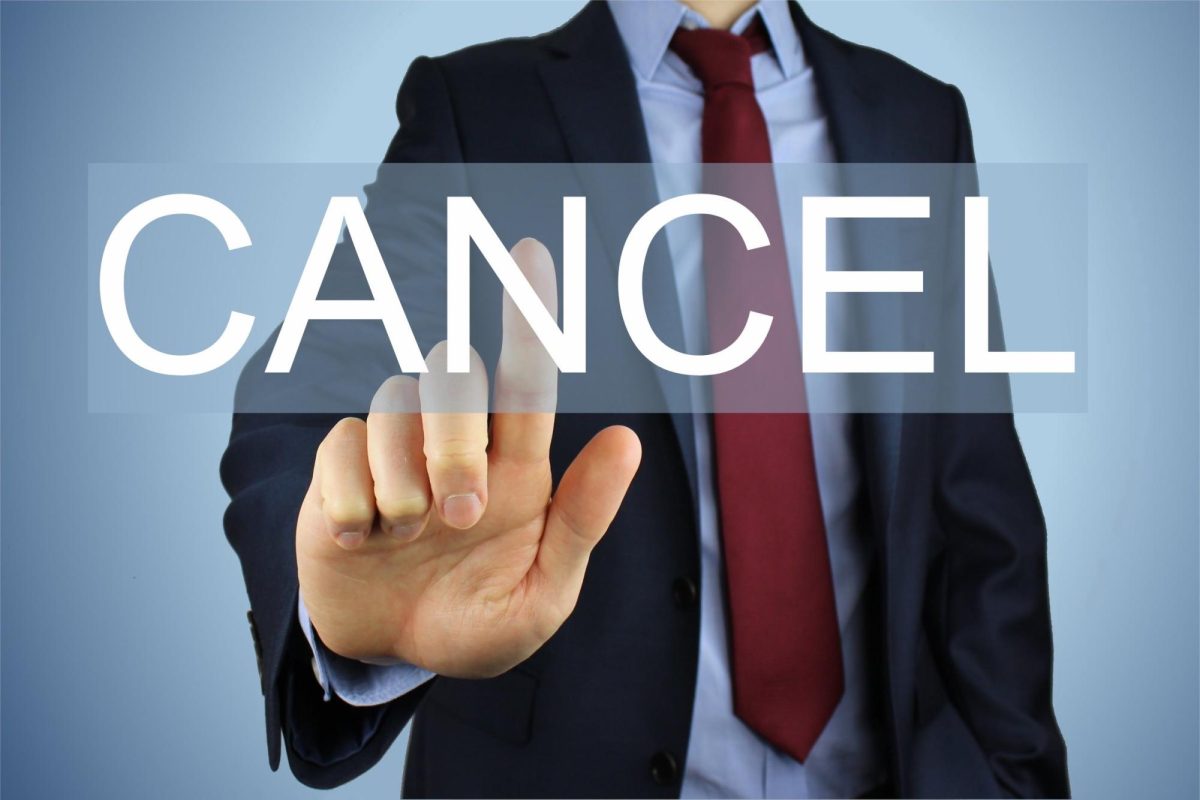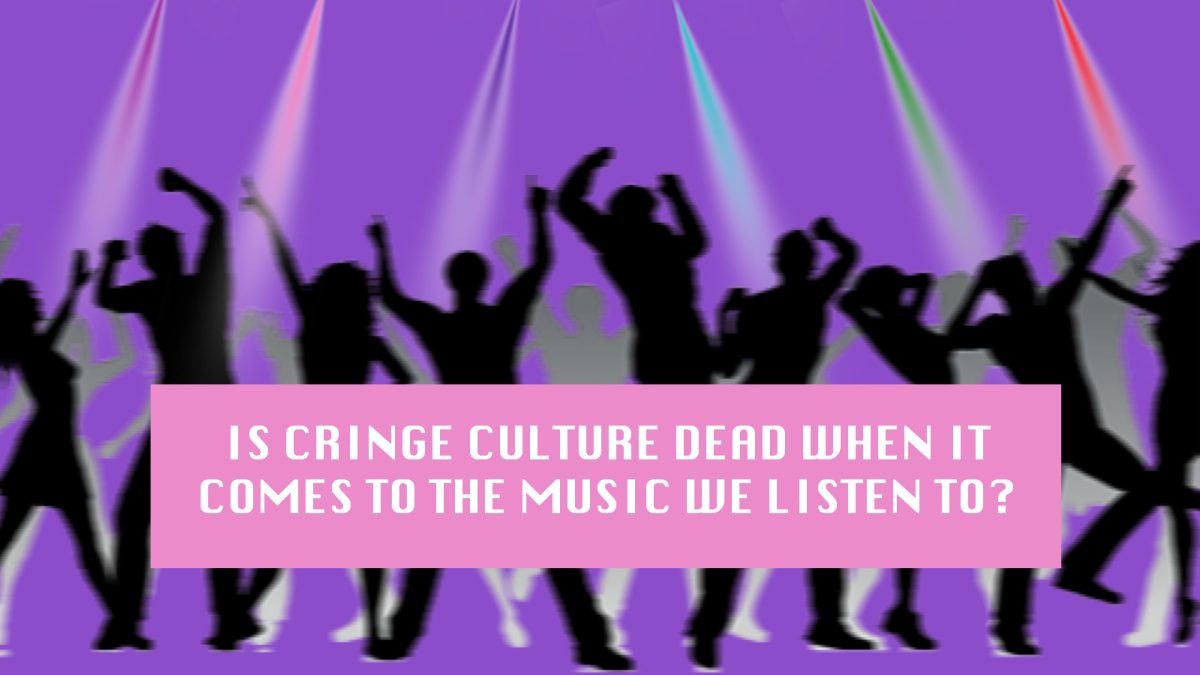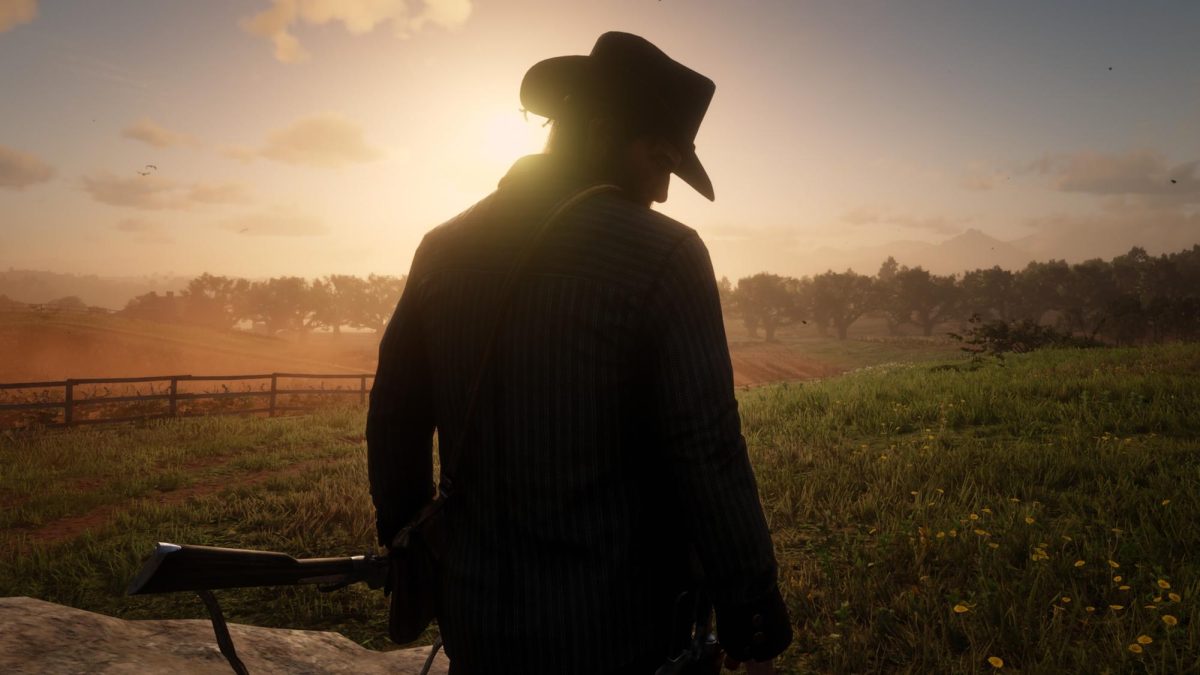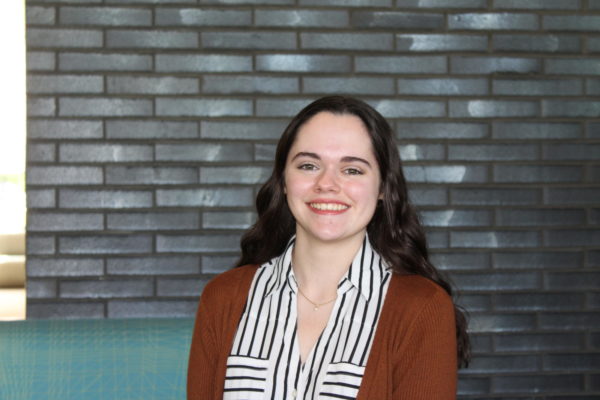While sitting in class recently, a professor asked, “How many of you are registered to vote?”
In our class of 30 or so students, only a handful of students raised their hands. I was shocked.
Could they just have been procrastinating on filling out the form to register to vote? Or was this sign of a larger issue? Are college students apathetic to the political situation in America?
Forbes recently reported that nearly 8 million young Americans will reach the legal voting age before the 2024 presidential election, but how many of these young people will actually vote?
In 2020, a study done by the Institute for Democracy and Higher Education at Tufts University found that the percentage of students who voted in the 2020 election was around 66%, which is comparable to the percentage of total Americans who voted in the 2020 election (also 66%) according to the Pew Research Center.
But what about the other 33% of young Americans who don’t plan on voting in this election? Is it possible to entice these individuals to register and make a plan to get to the polls?
Let’s explore some barriers to voting:
Being unregistered, and not knowing where to start:
Some students may be confused by the registration process. The good news is that voter registration is surprisingly simple. For Pennsylvanians, all you need to do is visit the Pennsylvania voting registration website before Oct. 1 to register for the 2024 election on Nov. 5.
Needing a mail-in ballot:
If you’re attending university in a county other than your home county, you must either make a plan to get to the polls in your home county, or apply for a mail-in ballot. Applications for mail-in ballots are quick and simple. Note that if you apply for a mail-in ballot, you cannot also vote in person. If you change your mind and would like to vote in person instead, simply take your mail-in ballot with you to your polling place and surrender it to a poll-worker for the opportunity to vote in person. Your mail-in ballot application must be submitted and received by the county office before Oct. 29, so be sure to fill out the application at least a few days before Oct. 29. Your ballot also must be completed, mailed back and received by the county office before Nov. 5, so also be sure to mail back in with plenty of time in advance.
Not knowing where your polling place is
If this is your first time voting, you might not know where your local polling place is. If you’re a college student who will be in their home county on election day, finding your polling place is quick and easy. For students in Pennsylvania, simply visit this website to find a polling place near you.
Not knowing enough about the candidates
Most of us are inundated with presidential candidate advertisements on television, on social media or on the radio. Wherever you consume media, you’re likely to see election ads. However we don’t see as many ads for local politicians, likely due to major campaign budget differences. Local elections are just as important as state and federal elections, because your local representatives are likely making decisions that will directly affect your life. It can feel daunting to not know anything about your local candidates. Ballotpedia is here to help! Simply look up your county on this site to learn the names of your candidates and a quick google search of their name will bring up recent articles they may be featured, news about the candidate or their website pages to learn more about them.
A sense of apathy, “I don’t care”
It can be easy to think, “One vote, my vote won’t make a difference,” but imagine if all 8 million people becoming of legal voting age this year thought that way? Imagine if all 8 million people decided to get out to the polls and made their voices heard. There is power in numbers, and a lot of power in 8 million young Americans getting involved in civic engagement. Voting is one of the easiest ways to affect social change, and it doesn’t take much to realize that there are aspects of our society and political system that need to change.
Gen Z is becoming famous for political activism and engagement from young ages. If you’re 18 years or older, it’s not too early to get involved in your community and local politics, and something as quick and simple as voting is a great start.
The policies that politicians will implement within the next four years will affect our lives in a number of ways. Policies about climate change, gun violence, abortion, and of course policies regarding taxes will, without a doubt affect Gen Z one way or another. If you care about any of these topics, make a plan to get to the polls, and take your friends with you!
Contact the writer: [email protected]



